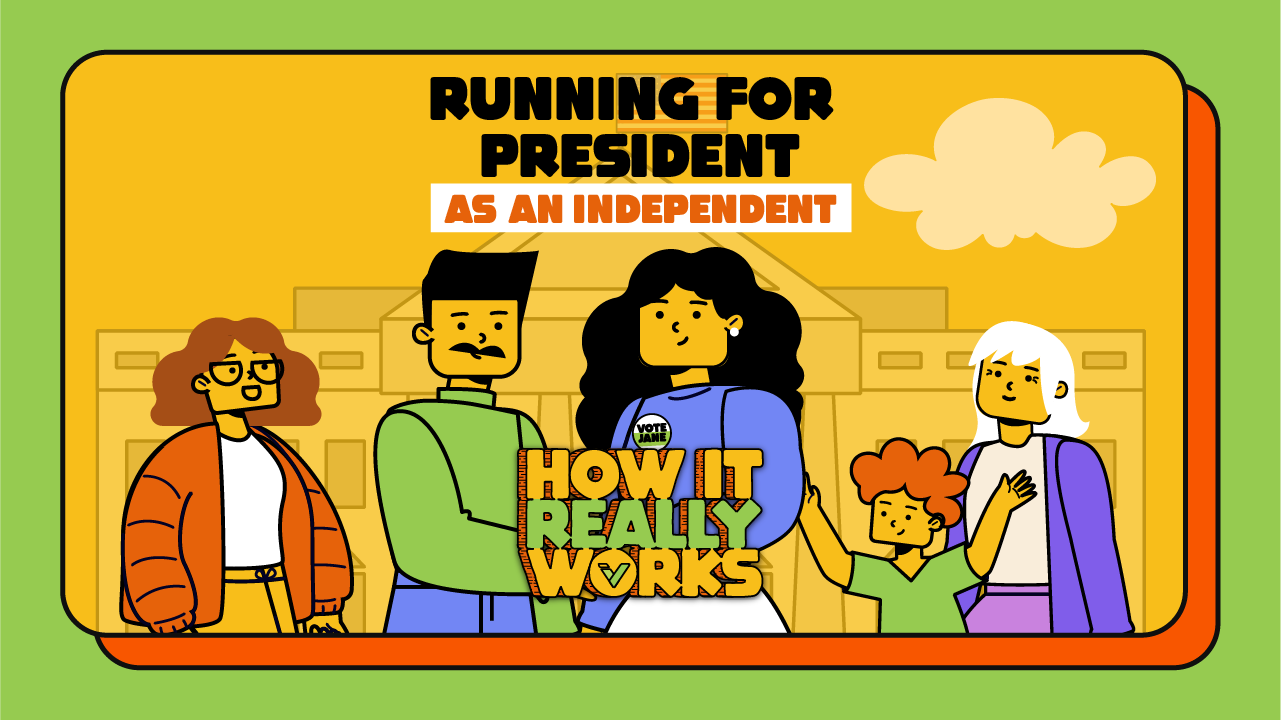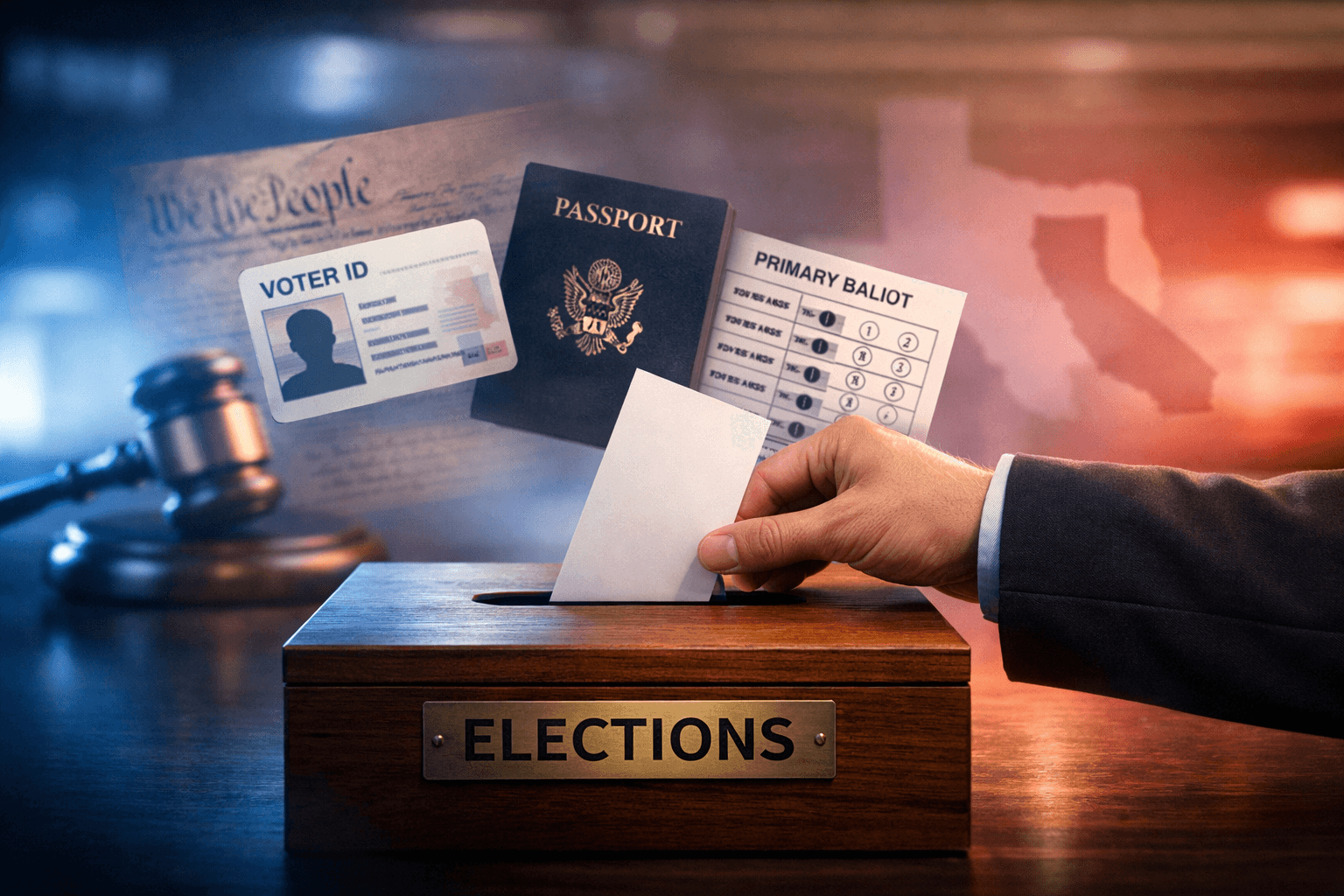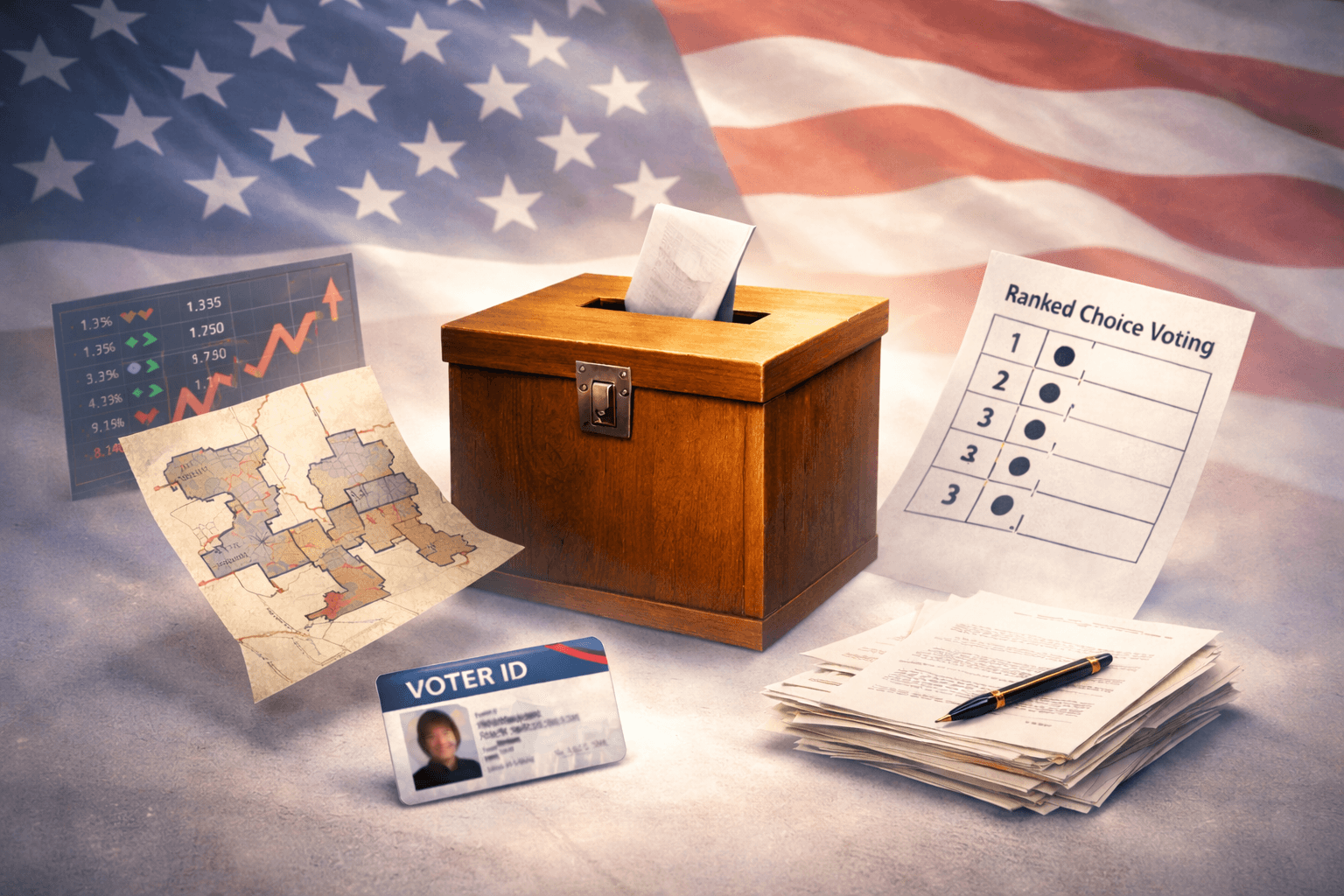Pennsylvania Rep Chris Rabb: There Should Be No Second-Class Voters In Our State

PHILADELPHIA, Pa. - A bill that would open Pennsylvania primary elections to over 1.4 million registered independent voters, HB 280, cleared its first major hurdle to becoming law this week when it advanced out of the House State Government Committee.
Authored by state Reps. Jared Solomon and Chris Rabb, the legislation proposes a semi-open partisan primary system that requires party members to vote in their respective party’s primary but gives independent voters the option to request the party ballot of their choice.

HB 280 also makes it clear that while independent voters can vote for public officials, they cannot vote in party leadership elections.
“1.4 million independent voters in Pennsylvania provide tax dollars to pay for primaries but have no vote,” Solomon said. “This must end. We must welcome veterans, young people, and other independents into our democratic process.”
Data shows that veterans and young people are more likely to identify and/or register unaffiliated with any political party. However, the current closed partisan primary system conditions their right to an equal vote on joining a private political party.
The primary election is not just the first stage of the public elections process (meaning paid for and administered by the state), it is often the most critical stage as many elections – particularly for state legislature and Congress – are effectively decided here.
This is because most electoral districts in the US (whether for the US House or a state’s legislature) are so safe for one party or the other that the November general election is all but inconsequential to the outcome.
The most meaningful vote -- more often than not -- is cast in primary elections, which tend to have a far lower turnout than general elections. The nonpartisan group Unite America found that in 2024 only 14% of voters cast a meaningful vote for the US House.
The number dropped to 13% for state legislative contests -- a primary problem that also affects Pennsylvania. In fact, Unite America’s research found that the problem is worse than the national figures.
The group’s executive director, Nick Troiano, explained during an April webinar that 95% of state House seats in 2024 were noncompetitive, meaning they were decided during the primaries. What's worse, 81% of the races were not contested at all.
And yet, independent voters are told to sit back and wait while their choices are made by a handful of partisan voters.
“There should be no second class among Pennsylvania’s electorate,” said Rep. Rabb. “Over 1 million voters are unduly disenfranchised in our state because they have chosen to exercise their right to remain unaffiliated with our restrictive political duopoly.”
The State Government Committee voted 14-12 to advance HB 280 to a floor vote. The vote fell along party lines, with all Democrats on the committee voting in favor of it while all Republicans were opposed.
This does not mean that there isn’t growing bipartisan support for open primaries in Pennsylvania. For example, State Senator Dan Laughlin, a Republican, has sponsored his own legislation to implement open primaries.
In Congress, Republican US Rep. Brian Fitzpatrick of Pennsylvania has co-sponsored a bill that would require all states to use open primaries for federal elections or lose federal funds.
Unite America commissioned a poll in March that found that 72% of Pennsylvania voters – 58% of Republicans, 81% of Democrats, and 83% of independents – are concerned that registered independent voters do not have access to primary elections
Further, 69% said they would support a semi-open primary bill like HB 280.
 Shawn Griffiths
Shawn Griffiths






